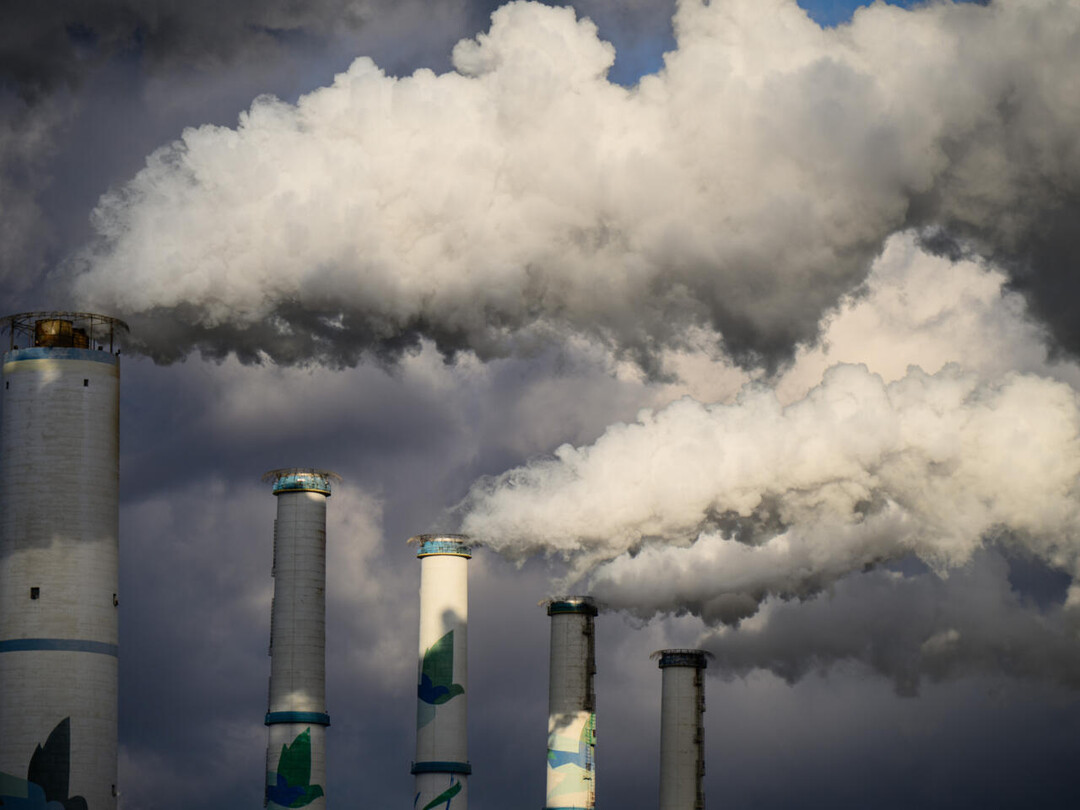
(C) France24
South Korea has officially joined the Powering Past Coal Alliance (PPCA), an international coalition urging a swift global transition away from coal-fired power. The move, announced on November 17 (local time) at the 30th Conference of the Parties (COP30) to the United Nations Framework Convention on Climate Change (UNFCCC) in Belém, Brazil, signals an expected acceleration in the nation's phase-out of coal-fired power generation.
The Lee Jae-myung government has been pushing the closure of coal power plants by 2040 as a key state agenda. By officially joining the PPCA, South Korea aligns itself with the Alliance's core goal: for developed nations (OECD members and the European Union) to phase out coal power by 2030, and for the rest of the world to do so by 2040.
Upon joining, the Climate, Energy, and Environment Ministry declared that South Korea "will not construct any new coal-fired power plants that lack greenhouse gas reduction facilities."
A Shift in National Energy Policy
The PPCA was established in 2017 and currently includes over 60 countries, including the United States and the United Kingdom. South Korea is only the second nation in Asia to join the Alliance, following Singapore.
The South Korean government has outlined an ambitious plan for decommissioning its existing coal infrastructure. The nation currently operates 61 coal-fired power units. Under the 11th Basic Plan for Long-term Electricity Supply and Demand, the government plans to shut down 40 of these units by 2038. Furthermore, specific closure plans for the remaining 21 units are expected to be announced next year following public deliberation and consultation.
This commitment represents a significant step in South Korea’s efforts to meet its national and international climate targets, notably reducing greenhouse gas emissions and achieving carbon neutrality. The nation, which has historically relied heavily on coal for its stable and affordable electricity supply, is now pivoting to cleaner energy sources.
Concerns Over Energy Security and Industrial Competitiveness
However, the rapid push for coal phase-out is not without its critics, who raise concerns about energy stability, particularly in the face of growing industrial demands.
Yoo Seung-Hoon, a professor of Future Energy Convergence at the Seoul National University of Science and Technology, voiced a cautionary perspective. He argued that reliable power sources like coal and nuclear energy remain crucial for stable electricity supply, especially for running high-demand facilities such as AI data centers.
"With countries like China and Germany continuing to expand coal power generation, it is necessary for [South Korea] to pursue practical benefits rather than being the first to declare a coal phase-out," Professor Yoo stated. This sentiment reflects a deep-seated concern among some experts about balancing stringent climate goals with the need to maintain industrial competitiveness and prevent potential energy shortages in a technology-dependent economy.
The government is expected to face mounting pressure to accelerate the deployment of large-scale renewable energy projects and potentially re-evaluate the role of nuclear power to fill the significant capacity gap left by the decommissioned coal plants. The political commitment to the PPCA now firmly positions South Korea on a global trajectory towards decarbonization, making the execution of its energy transition plan a critical test for the government's climate leadership.
[Copyright (c) Global Economic Times. All Rights Reserved.]




























